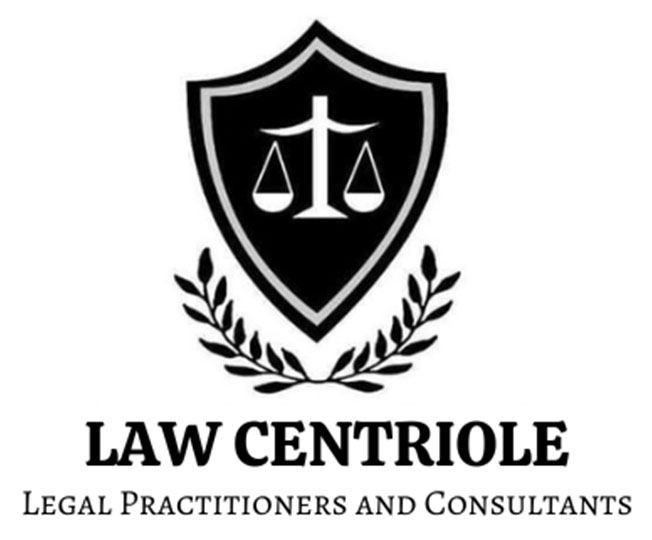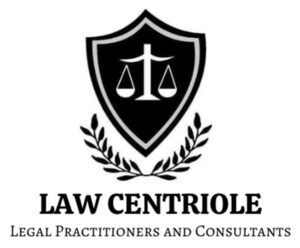Defamation is a serious legal issue that can damage reputations, careers, and even personal relationships. In Nigeria, defamation is usually a civil matter, where the affected person can sue for damages. However, in certain situations, defamation crosses into the realm of criminal law, leading to possible arrest, prosecution, and imprisonment.
So, when does defamation become a crime in Nigeria? What does the law say, and what are the consequences? This article offers an insight into the basics of defamation, examining the relevant laws and potential defenses.

What Is Defamation Under Nigerian Law?
Defamation occurs when someone makes a false statement about another person, either verbally (slander) or in writing (libel), in a way that harms their reputation. To prove defamation, the statement must be:
- False: Truth is an absolute defense.
- Published: The statement must be communicated to someone other than the person defamed.
- Harmful: The statement must damage the person’s reputation.
In Nigeria Skye Bank Plc v. Akinpelu (2010) LPELR-3073(SC), the Supreme Court held that for defamation to succeed, the plaintiff must prove that the statement lowered their reputation in the eyes of right-thinking members of society.
When Does Defamation Become a Crime?
Although primarily a civil wrong, under Nigerian law, defamation becomes a criminal offense when the facts of the case includes certain elements. In this regard, the relevant laws governing criminal defamation in Nigeria are:
- The Criminal Code Act (Applicable in Southern Nigeria)
- The Penal Code Act (Applicable in Northern Nigeria)
- The Cybercrimes (Prohibition, Prevention, etc.) Act 2015
By combined provision of these statutes, defamation may be criminal:
-
When It Is Done With Intent to Harm
If a person deliberately spreads a false statement knowing it will harm another’s reputation, they may face criminal charges. According to Section 373 of the Criminal Code Act, defamation becomes a crime when an individual publishes a false statement with intent to injure another person’s reputation.
In Ogedengbe v. State (2014) LPELR-22595(CA), the Court of Appeal upheld the conviction of an individual who falsely accused a traditional ruler of corruption, leading to a breach of public peace.
-
When It Could Cause a Breach of the Peace
If a defamatory statement could incite violence or disturb public order, it becomes a criminal offense.
Section 375 of the Criminal Code Act states that anyone who knowingly publishes false defamatory matter is guilty of a misdemeanor and can face up to one year in prison.
Section 391 of the Penal Code Act (for Northern Nigeria) provides for criminal liability when defamation is intended to cause harm.
For instance, falsely accusing a politician of electoral fraud in a way that provokes public protests may lead to criminal prosecution.
-
When it involves Government Officials or Institutions
Defaming public officials, particularly in a way that may incite violence or threaten public order, can attract criminal sanctions. In DPP v. Chike Obi (1961) All NLR 458, the defendant was charged for publishing a statement that was considered capable of inciting public disorder.
While the law protects free speech, statements that falsely accuse government officials of crimes without evidence may lead to criminal defamation charges.
With the rise of social media, false and defamatory statements can spread rapidly. The Cybercrimes (Prohibition, Prevention, etc.) Act 2015 criminalizes online defamation, especially when it involves:
- False accusations that damage someone’s reputation.
- Defamation with intent to extort or blackmail.
- Defamatory statements that incite violence or public disorder.
For example, falsely accusing someone of fraud or rape on Twitter or Facebook without evidence can lead to criminal charges under this law.
-
Defamation in the Media (Newspapers, TV, and Radio)
Journalists and media houses must ensure their reports are factual and fair. Under Nigerian law, publishing false information that harms someone’s reputation can lead to both civil lawsuits and criminal prosecution. In Guardian Newspapers Ltd v. Ajeh (2011) LPELR-1343(SC), the Supreme Court emphasized that newspapers must verify information before publication to avoid defamation claims.
What Are the Penalties for Criminal Defamation in Nigeria?
Criminal defamation is taken very seriously in Nigeria, with distinct penalties outlined in the laws applicable in the southern and northern regions of the country.
In Southern Nigeria where the Criminal Code Act is in force, the penalties for defamation are as follows:
- Basic Defamation: Offenders can face up to one year in prison.
- Defamation with Knowledge of Falsity: If someone knowingly makes false statements about another person, they could be sentenced to up to two years in prison.
- Defamation with an intent to extort (Section 376): This is treated as a felony, punishable by up to seven years behind bars.
In Northern Nigeria, where the Penal Code Act applies, the penalties differ slightly:
General Defamation (Section 392): Offenders may face up to two years in prison, a fine, or both.
Defamation Intended to Incite Violence or Public Disorder: Such cases may incur harsher penalties depending on the severity of the consequences.
There is an ongoing debate in Nigeria about whether defamation should be treated as a criminal offence or addressed as a civil matter. Many advocates argue for the latter, believing that civil remedies would be more appropriate. However, criminal defamation remains part of Nigerian law, hence people must exercise caution when making statements that may be deemed defamatory.
Departure From Criminal Defamation Laws
Recent criticisms of criminal defamation laws in Nigeria have led some states to revise their legislation, making defamation exclusively a civil matter. For instance, Lagos State has removed defamation from its Criminal Law of 2011, leaving individuals who believe they have been defamed to seek redress only through civil suits. This change was affirmed in Aviomoh v. Commissioner of Police & Anor (2021) LPELR-55203(SC), where Justice Helen Ogunwumiju ruled that defamation is no longer a criminal offense in Lagos State following the new law.
How Can You Defend Yourself Against Criminal Defamation Charges?
Anyone accused of Criminal Defamation may defend themselves by providing facts to prove the following:
- Truth: That the statement they made was true. If the statement is true, it is not defamation.
- Fair Comment: That the statement they made was an honest opinion or fair comment. If the statement is an honest opinion on an issue of public interest, it may not be defamatory.
- Privilege: Statements made in court, legislative proceedings, or official reports may not be defamatory.
In Adeniji v. State (2001) LPELR-140(SC), the Supreme Court ruled that for criminal defamation to succeed, malice and intent to harm must be proven.
Conclusion:
While freedom of speech is a constitutional right in Nigeria, false statements that harm reputations can lead to criminal prosecution. Making defamatory statements with the intent to harm; to cause public disorder, or involving cyber threats constitutes a crime.
Disclaimer: This article is for informational purposes only and does not constitute legal advice. If you need legal advice on specific concerns, please contact a qualified attorney for personalized assistance.
Subscribe! follow!! share!!!
Has this article been of help? Why not consider subscribing to our mailing list us for more.
Do not forget to share, Follow our pages on Facebook and Instagram and also subscribe to our WhatsApp

